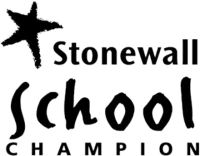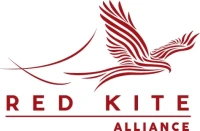Religion, Ethics and Philosophy
“The unexamined life is not worth living.” Socrates
Curriculum Principles
Philosophy and Ethics is a subject that is interesting, intellectually challenging and relevant to students' own lives and decisions. It meets the statutory requirement for all schools to provide Religious Education, but the subject is not exclusively about religion. Its purpose is not to promote any one faith but to help our students understand more about ourselves, the world in which we live and, most importantly, the people with whom it is shared. It builds empathy, understanding and respect in a world often characterised by diversity, conflict and change.
Philosophy and Ethics lessons are key in developing the 'cultural capital' that also facilitates success across the curriculum. Furthermore, Philosophy and Ethics enables students to engage in healthy and lively civilised debate, present reasoned arguments and to respectfully question ideas and issues.
Curriculum Features
The Key Stage 3 Religion, Ethics and Philosophy (REP) curriculum is arranged thematically with each unit centred on a philosophical or ethical question.
Each question enables students to extend and deepen their knowledge and understanding of a range of religions and worldviews framed in either a philosophical or ethical context. Students will also explore these questions by learning about, and from, a variety of academic scholars and philosophers’ views such as Aristotle and Bentham.
As they progress through Key Stage 3 these questions shift from looking at their own beliefs and issues that may affect their own lives to looking at global issues in our world. By focusing each topic on a question, this allows students to develop key skills such as questioning, debating, problem solving, critical analysis, and abstract thinking.
This continues through GCSE and A level looking into these topics in greater depth. To empower students to reach high standards of expression in both written work or oral discussions, the curriculum also focuses on the explicit teaching of Tier 2 and Tier 3 vocabulary relevant to each topic.









